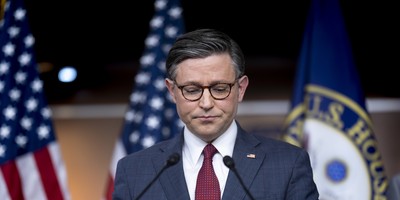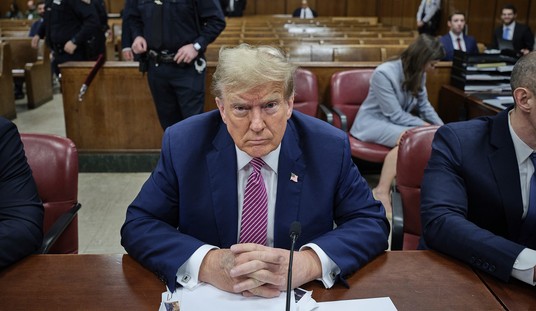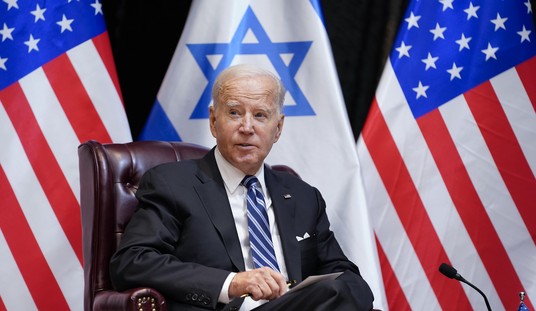In the scramble to make the GOP more diverse, a lot of people are looking at Asian Americans, whom many believe are a natural constituency for the party. I would love it if Asian Americans converted en masse to the Republican Party, but the challenge for Republicans is harder than many appreciate.
President Obama did spectacularly well with Asian Americans, garnering nearly three-quarters of their vote. This runs counter to a lot of conventional wisdom on both the left and the right. On average, Asian American family income is higher and poverty is lower than it is for non-Latino whites. Entrepreneurship, family cohesion and traditional values all run strong among Asian Americans, and reliance on government runs weak.
And yet, Asian Americans -- now the fastest-growing minority in America -- are rapidly becoming a core constituency of the Democratic Party.
I've joked for years with my Indian American relatives and friends that they are the new Jews because their parents bury them in guilt and overeducate them. It turns out it doesn't end there. Sociologist Milton Himmelfarb observed that "Jews earn like Episcopalians and vote like Puerto Ricans." Well, Indian Americans earn like Jews and ... vote like Jews.
And maybe for similar reasons. The comparison to Jews is instructive. Perhaps the most common explanation for the GOP's problem with Asian Americans is the party's pronounced embrace of Christianity, which turns off many Jews as well.
According to Pew studies, barely a third of Chinese Americans are Christian and less than a fifth of Indian Americans are.
"Whenever a Gujarati or Sikh businessman comes to a Republican event, it begins with an appeal to Jesus Christ," conservative writer Dinesh D'Souza recently told the New York Times magazine. "While the Democrats are really good at making the outsider feel at home, the Republicans make little or no effort."
Recommended
My friend and colleague Ramesh Ponnuru, an Indian American and devout Catholic, says the GOP has a problem with seeming like a "club for Christians."
That rings true to me. I've attended dozens of conservative events where, as the speaker, I was, in effect, the guest of honor, and yet the opening invocation made no account of the fact that the guest of honor wasn't a Christian. I've never taken offense, but I can imagine how it might seem to someone who felt like he was even less part of the club.
A few years ago, Robert Putnam, a liberal sociologist, reported this finding: As racial and ethnic diversity increases, social trust and cohesion plummets. "Trust (even of one's own race) is lower, altruism and community cooperation rarer, friends fewer," Putnam found. "People living in ethnically diverse settings appear to 'hunker down' -- that is, to pull in like a turtle."
The villain isn't racism or bigotry or anything so simple. The phenomenon is much more complex. Indeed, it's not clear why this happens, but it's clear that it does. Economic inequality and cultural attitudes do not matter much. "Americans raised in the 1970s," Putnam writes, "seem fully as unnerved by diversity as those raised in the 1920s."
Part of the explanation stems from the fact that people with shared experiences and cultures draw strength from working together, whereas with strangers, language often becomes guarded, intentions questioned.
The GOP is not a Christian club, but there's no disputing that Christianity is a major source of strength and inspiration for many Republican activists. This is nothing new and, generally speaking, there's nothing wrong with this. The abolitionist, progressive and civil rights movements were all significantly powered by Christian faith.
As someone who's long argued for theological pluralism and moral consensus on the right, it strikes me as nuts for the GOP not to do better with Asian Americans, particularly given how little religion has to do with the policy priorities of the day.
Twenty years ago, conservatives started referring to Judeo-Christian values in an effort to be more inclusive. The challenge now is to figure out how to talk in a way that doesn't cause decent and dedicated Christians to pull in like a turtle, while also appealing to non-Judeo-Christians and the nonreligious. That'll be hard, requiring more than name-dropping Confucius or Krishna.

























Join the conversation as a VIP Member